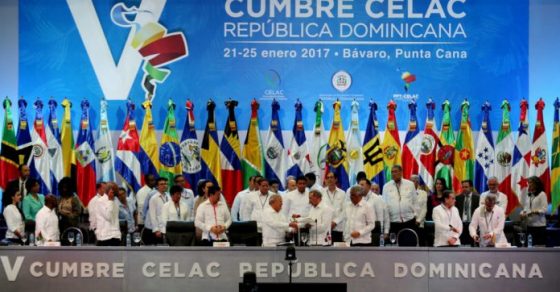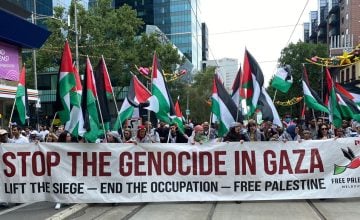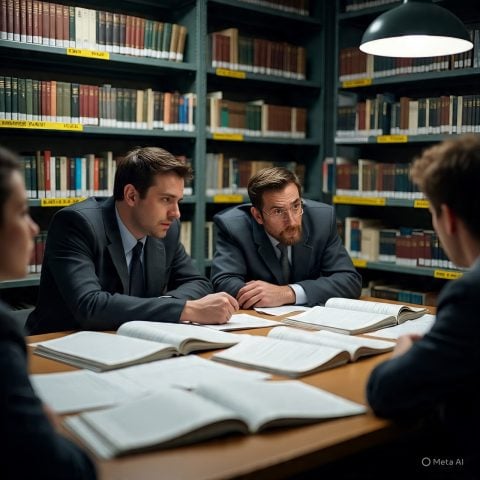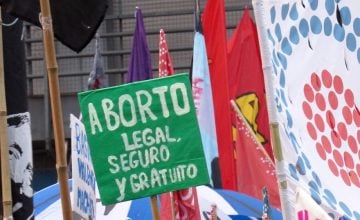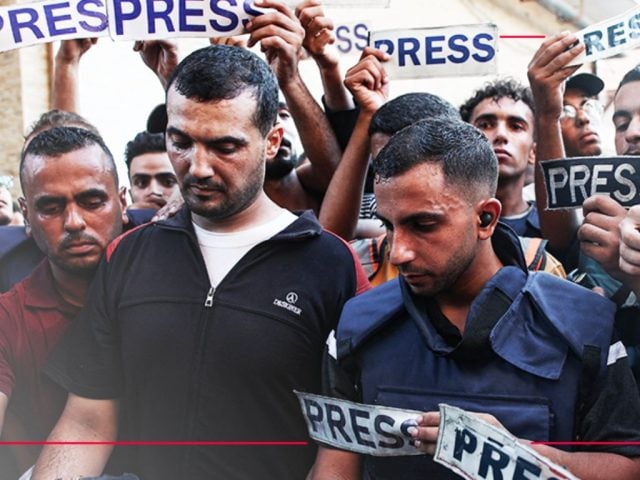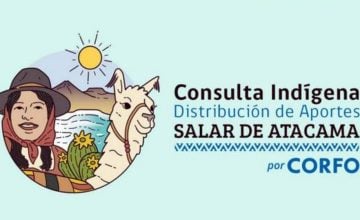It became the most important Latin American and Caribbean block on the continent; declared the region a zone of peace, sovereign, independent, and free from US interference. The rise of conservative far-right governments diluted and broke the unity that had been achieved by the progressive leaders that preceded it. Today, CELAC has been practically disabled, but the COVID-19 pandemic could – paradoxically – become its salvation.
Recently, the former president of Costa Rica, Luis Guillermo Solís Rivera, who was also Pro-Tempore President of CELAC between 2014-2015 and is currently a visiting professor at Florida International University, in Miami, United States, wrote an article on the need to reactivate this important block of nations independent of the United States and Canada, and without the dark hand of the Organization of American States (OAS), which in recent years has become a symbol of interference, divisionism and infamy, promoting war, attacking democracies and imposing dictatorships based on lies and hatred.
“Reactivating CELAC” is the article written by Solís Rivera and published in NODAL, where the ex-president explains the reason for a situation such as the one the world is experiencing as a result of the pandemic caused by the 2019 coronavirus outbreak and that, specifically in Latin America and the Caribbean, There has been upturn in the number of infections, especially in countries that are under far-right regimes, such as Colombia, Brazil, Ecuador, Chile and Peru; That without mentioning Canada and the United States, the latter becoming the contagion epicentre of the planet due to the policy of neglect of its ruler, Donald Trump.
In this sense, Solís Rivera maintains that the Community of Latin American and Caribbean States (CELAC) must be reactivated; why does he say this?
“In times of health crisis, this may not seem like a priority for the states of the subcontinent. However, a more profound reading would find in this a favourable juncture to relaunch the only regional forum where the countries, (States), of the region have the geo-politically determined areas and territories to propose and manage an agenda focused on their own visions and priorities. ”
Recently, the President of Venezuela, Nicolás Maduro, warned that the region must put aside political and ideological differences and unite to jointly face the pandemic, especially with regard to the preventive measures to be taken to lower the high levels of contagion with a virus that is highly contagious and has characteristics that make it practically invisible during the first two weeks of infection, as it is asymptomatic, which opens a gap of possible contagions that is triggered exponentially.
In fact, very few countries on the American continent maintain the infection figures with a flattened curve, that is, they have been able to control the virulence of the outbreak. Among them, Cuba, Nicaragua and Venezuela, countries that decided in time to apply collective quarantine and social distancing measures; unlike the rest of the countries that decided not to apply them and now suffer high numbers of infections and deaths from COVID-19.
In this sense, Solís Rivera highlights in his article that CELAC, created in February 2010, continued the efforts of previous multilateral political forums with the aim of advancing through permanent dialogue to achieve “social welfare, quality of life, economic growth and promoting our independent and sustainable development, based on democracy, equity and the broadest social justice”.
He adds that all of this within CELAC has always been based «on common principles and values that include respect for international law, the sovereign equality of States, the non-use of force or threat of the use of force, democracy, human rights and the environment, among others ”.
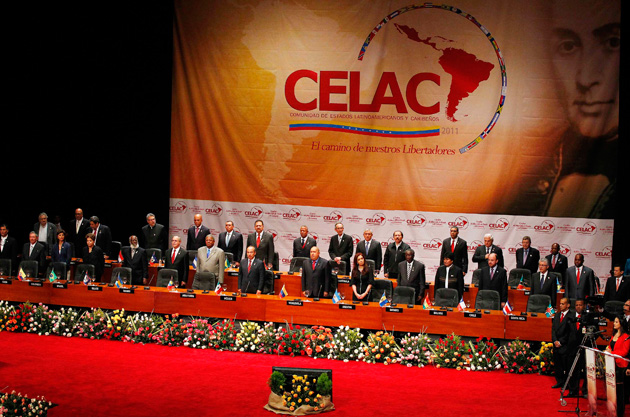
CELAC is the ideal space
“Cracked by ideological disagreements around the year 2016, and weakened by its own inability to put its founding values into practice, CELAC is the ideal space to carry out this task at the highest level, and to do so with the strength and political will of a region whose voice in the world has not been heard clearly enough for too long, «says Solís.
For the CELAC to return to being heard as a voice before the world, Solís explains, it needs to provide Latin America and the Caribbean with an environment where political dialogue is capable of overcoming particular visions, putting collective hemispheric well-being ahead of existing conflicts, and that this conflict resolution should not impede working together for the people and their basic needs.
This space “is urgent”, emphasizes Solís, since “from its creation to its crisis, CELAC enjoyed the privileged attention of the international community.”
“From China to the European Union, the progress of CELAC was followed with interest as a multinational meeting point with opinions relevant to the global agenda, and not only because of its economic importance, but, especially, due to its geopolitical weight, which with almost 20,500 million km2 and more than 620 million inhabitants constitutes a powerful focus of world interest. A world where globalization and new and old power blocs should find the region strong and united and not in in power struggles that only make it weaker. The former Costa Rican president adds that «there are undoubtedly difficulties that complicate a call for the reactivation of CELAC at this time», since «the threats to democracy and electoral systems in several countries in the region are not few or small”
“The precariousness of human rights, whose deplorable state is seen in the high rates of violence that still inflicts pain and cannot be ignored, either as a consequence of the action of organized crime – particularly drug activity – the inability to accept the complaints opposing excesses of powerful interest groups, violence against women and other highly vulnerable groups, or the resurgence of authoritarianism that isn’t exclusive of any particular ideology.”
Solís adds that in recent years in the region “new trends have been enthroned that seek to exclude the opponent, demean and violently repress social criticism, or abandon the path to peace by once again enthroning the language of force where reason should prevail ”.
«However, it is precisely for this reason, that it is urgent to seek regional rearticulating around a political forum of the highest level, which has the capacity to build lasting and solid agreements, not inhibit them,» he highlights.
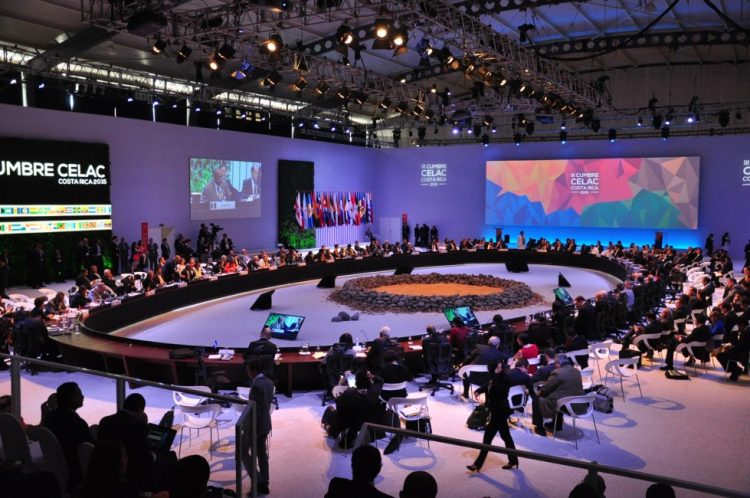
Reframe visions of development after COVID-19
For Solís Rivera, it is important that CELAC serves as a space so that the nations that comprise it can rethink their visions of development and anticipate what will happen in the world once the pandemic ceases, which has not only paralyzed the planet, but also in turn has made us reflect upon the model in which we live, that has extreme social deficiencies and inequalities that in a situation like this, are fully exposed.
“It would be expected that the post-COVID-19 world would rethink the development visions prevailing to this date. In these few weeks, the convenience of having centralized, universal and public health systems has been proven ”, explains Solís.
In addition, he adds that in recent months «they have confirmed the pernicious effects of the pandemic in countries where public health infrastructures is lacking, or weakened, and society is at the mercy of the market and its values that are incapable of solving problems of access and use of basic welfare services”.
On the other hand, the obligation of social distancing and the inevitable use of communication and information technologies to overcome the pandemic, have brought forward what was already seen to come with the Fourth Industrial Revolution (4IR) and the increasing use of artificial intelligence in the productive field.
«The resulting unemployment will make it essential to rethink new forms of work that will hardly escape working hour breaks , difficulty of inspection or the workers organizations, whose rights could be greatly violated, and of course, the resurgence of isolationism and ultra-nationalism, whose dire consequences the recent history of the world gives a good account, «he warns.
In this context, adds Solís, the possibility of having a renewed and vital CELAC «opens the way, offers light and would allow us to move forward with some optimism. Not to solve all the problems, which was never one of its objectives, but to think collectively about how to approach them with more sense of solidarity, with greater efficiency and with less social costs”.
